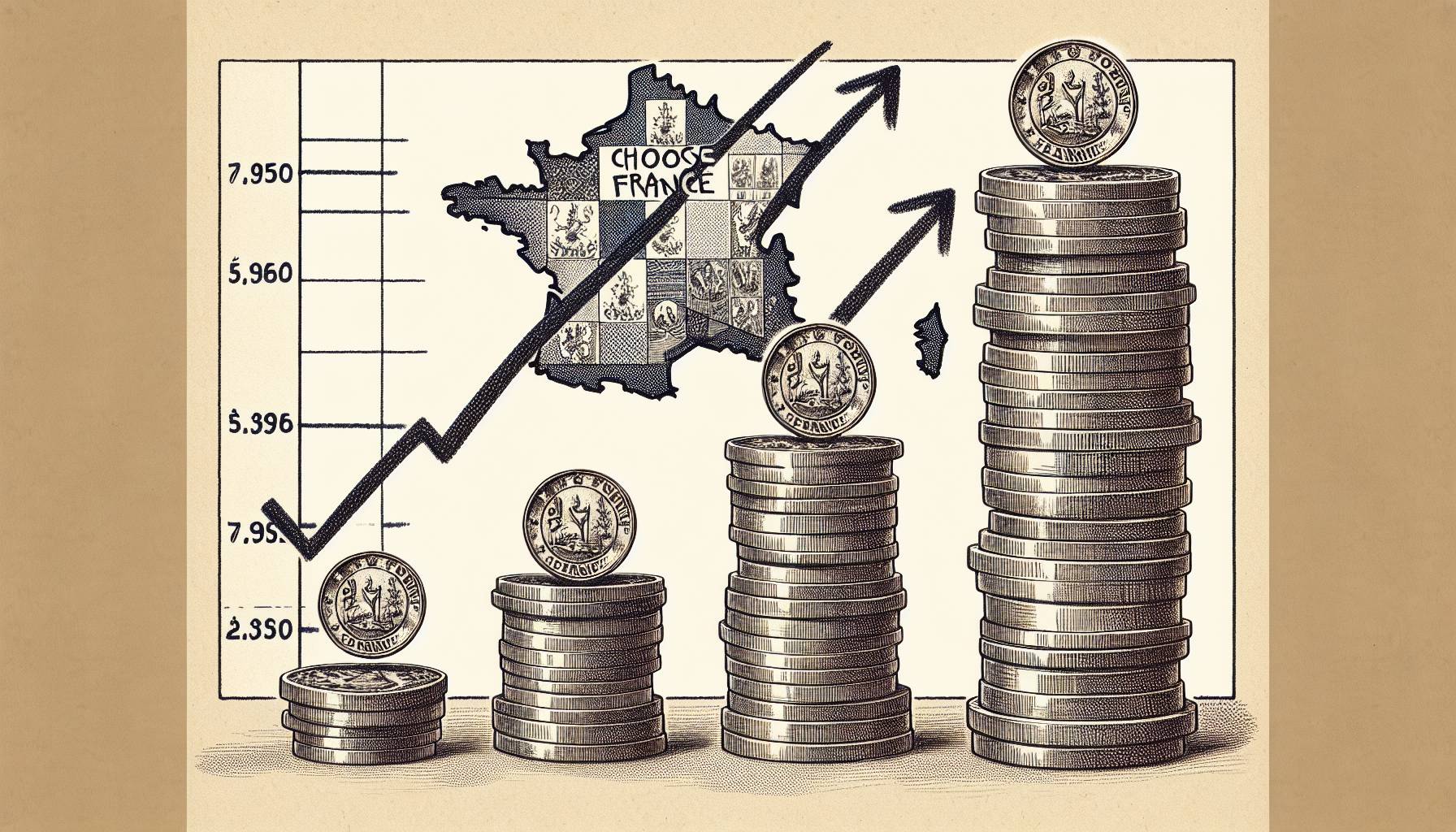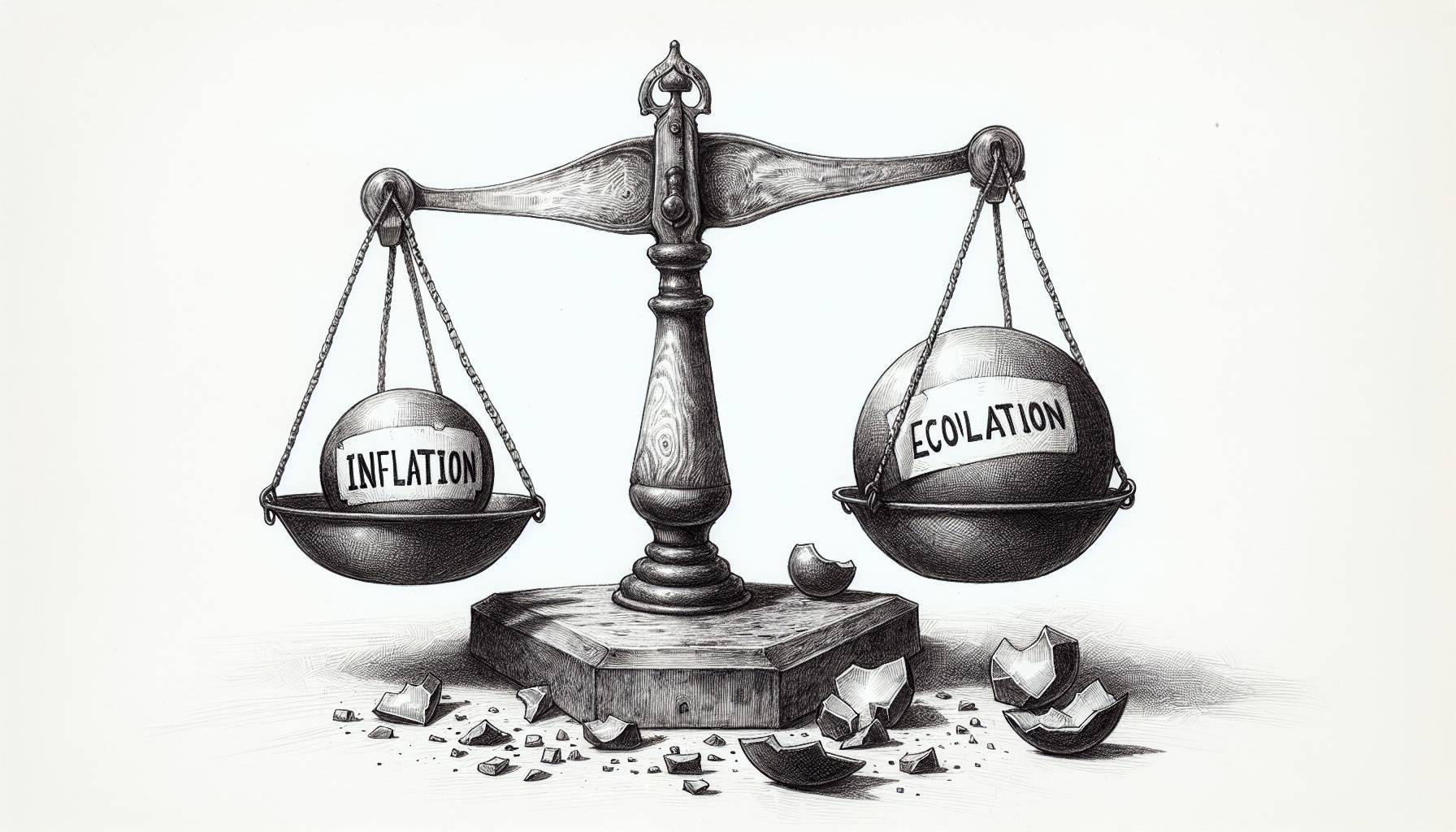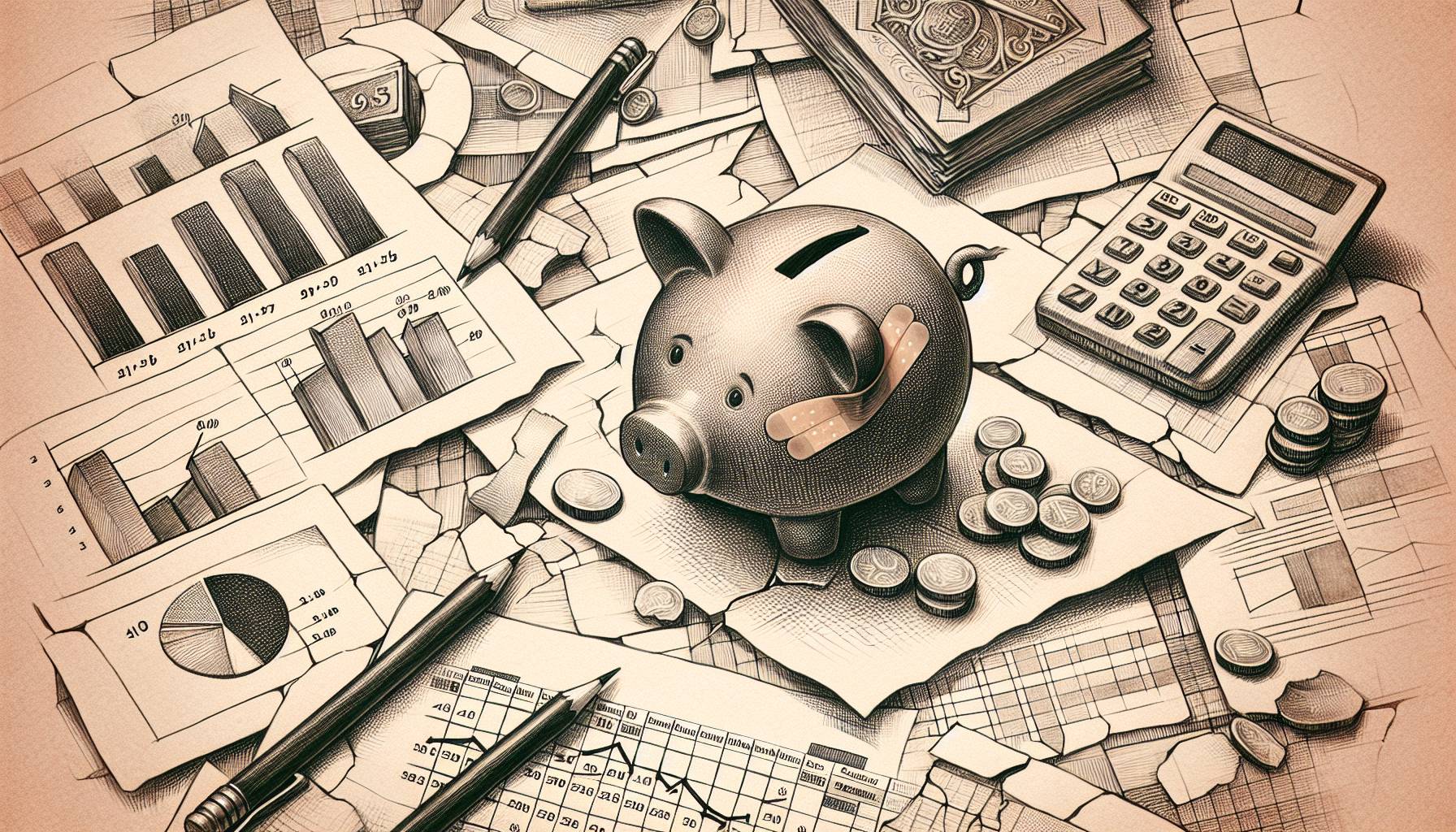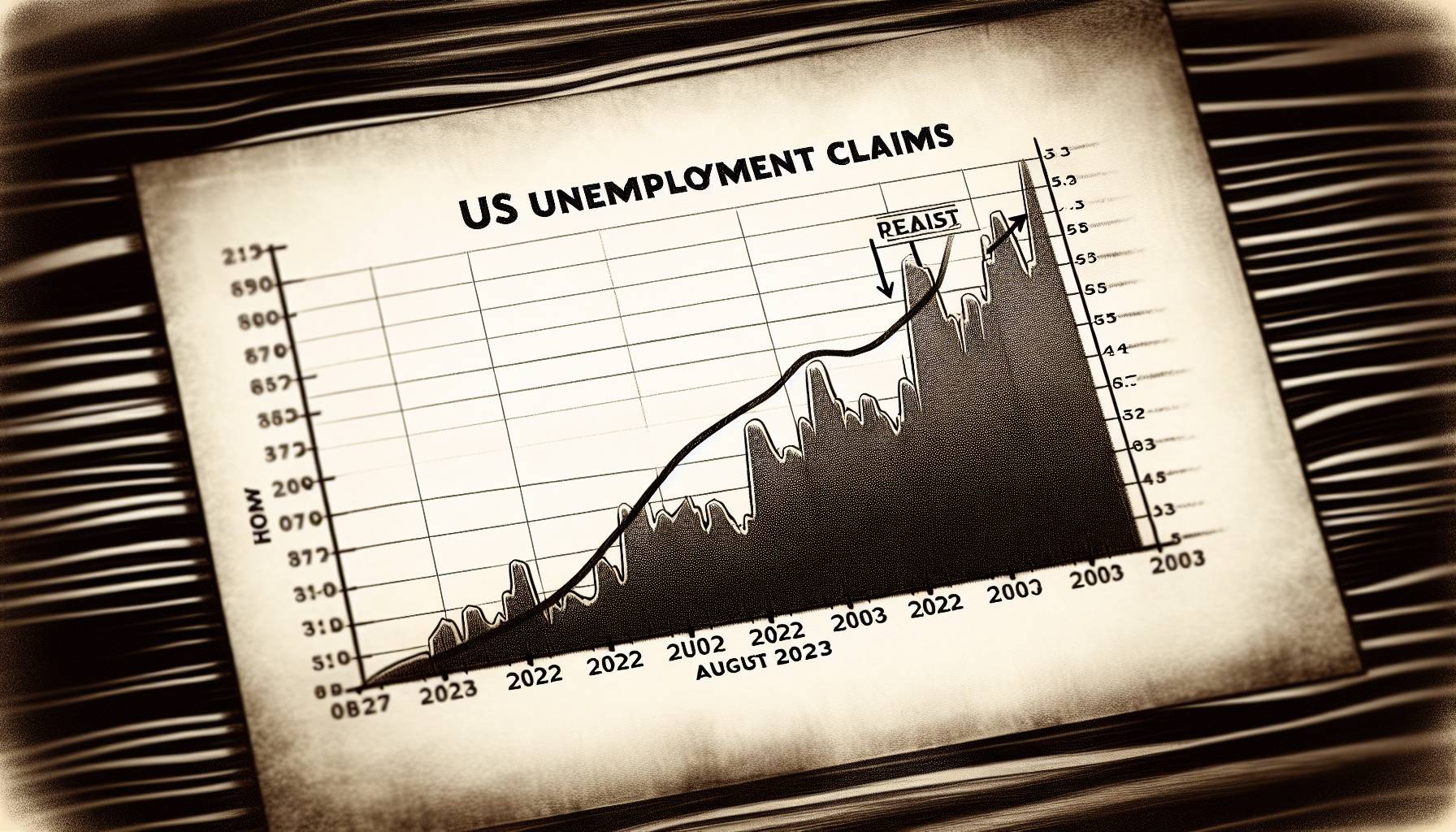As the final three months of 2023 approach, attention is turning towards China’s economic prospects and possible governmental aid, particularly in the real estate sector. Earlier in the year, China’s economy recovered from Covid-19, but it has decelerated since April. Furthermore, the property market faced difficulties over the summer, despite the easing of apartment purchase restrictions in numerous large cities. Moving into the last quarter of 2023, experts are speculating whether the Chinese government will implement stimulus packages aimed at revitalizing the real estate sector. It is crucial for policymakers to strike a balance between sustainable growth and addressing market concerns, as the property market plays a significant role in supporting China’s overall economic stability.
Government Support: Easing Supply Side Restrictions
Yao Yang, the dean of the National School of Development at Peking University, stated in a press briefing on Wednesday that the central government of China will gradually lift limits on the supply side. He foresees the housing market stabilizing in the next half-year, citing prior regulatory clampdowns as an “overshooting” in managing the real estate sector. At its peak, the property industry accounted for almost a quarter of China’s economy. Yang believes that the easing of restrictions will encourage growth and balance in the sector, allowing for sustainable development in the long term. As the real estate market stabilizes, it is expected to positively impact the overall health of the Chinese economy, leading to a more stable and diverse financial landscape.
Increasing Local Borrowing and Addressing Long-Term Debts
Yao also expects that the central government will allow local administrations to borrow additional funds to address long-term debts, potentially enabling a complete economic resurgence by mid-2024. To achieve this, the central government would need to implement strategic measures to ensure proper utilization of the additional borrowed funds, focusing on debt sustainability and maintaining a balance between economic growth and fiscal responsibility. Coordination between various levels of government would be crucial in efficiently allocating these resources, prioritizing infrastructure development, social welfare programs, and other key investments to foster a strong and stable economy by mid-2024.
Financing Constraints and Real Estate Developer Struggles
In 2020, Beijing introduced new financing constraints in an effort to control the property sector. This led to a decrease in homebuyer demand, resulting in significant cash shortages for property developers, since homes in China are typically sold before they are completed. As a result, many developers struggled to meet their financial obligations, putting the stability of the industry at risk. The Chinese government was then forced to step in with measures to alleviate the pressure, yet the long-term impact of these constraints remains uncertain.
Defaulting Property Tycoons and Regulatory Response
Numerous property tycoons defaulted on their loans by the end of 2022, causing regulators to alter their policies to assist the troubled sector. In response to the growing crisis, regulatory authorities introduced new measures aimed at providing financial relief and preventing further defaults among major real estate developers. These modifications included restructuring debt repayment plans, along with implementing tighter lending restrictions for the future, in an effort to ensure increased stability within the property industry.
Government Intervention and Market Stabilization
Observers have expressed concern over the downfall of the real estate industry, but Yao Yang believes that the Chinese government will likely provide support and bring stability to the market in the upcoming months. Yao Yang, a renowned economist, asserts that the government has the resources and capability to prevent any long-term damage to the industry. Market analysts also anticipate a series of policy interventions and economic adjustments to be implemented, aiming to alleviate the immediate pressures faced by the real estate sector.
Policy Decisions and Economic Trajectory
With crucial meetings and potential policy changes on the horizon, the last quarter of 2023 will be instrumental in shaping China’s economic trajectory. As policymakers convene to assess the current economic landscape and review pressing priorities, their decisions will have a lasting impact on industries and citizens alike. Balancing economic growth with social development and environmental concerns, China aims to pave the way for a sustainable and prosperous future in the years to come.
FAQ: China’s Economic Prospects and Real Estate Challenges
1. What challenges is the Chinese real estate sector facing?
The Chinese real estate sector has faced difficulties since the summer of 2023, with property markets struggling and developers experiencing cash shortages due to reduced homebuyer demand and financing constraints introduced in 2020. The stability of the industry was put at risk, forcing the government to intervene with measures to alleviate the pressure.
2. How has the Chinese government responded to the real estate challenges?
Regulatory authorities have introduced new measures aimed at providing financial relief and preventing further defaults among major real estate developers. These include restructuring debt repayment plans and implementing tighter lending restrictions for the future to ensure increased stability within the property industry.
3. What is the expected impact of easing supply side restrictions on the Chinese real estate market?
Experts like Yao Yang believe that easing supply side restrictions will encourage growth and balance in the sector, allowing for sustainable development in the long term. A stabilized real estate market is expected to positively impact the overall health of the Chinese economy, leading to a more stable and diverse financial landscape.
4. What are some potential outcomes of allowing local governments to borrow more in addressing long-term debts?
Increased local borrowing could enable a complete economic resurgence by mid-2024. However, the central government would need to implement strategic measures to ensure proper utilization of the additional borrowed funds, focusing on debt sustainability and maintaining a balance between economic growth and fiscal responsibility.
5. How likely is it that the Chinese government will support and stabilize the real estate market in the upcoming months?
Renowned economist Yao Yang believes that the Chinese government has the resources and capability to prevent any long-term damage to the industry and is likely to provide support and bring stability to the market in the upcoming months. Market analysts also anticipate a series of policy interventions and economic adjustments to be implemented to alleviate the immediate pressures faced by the real estate sector.
6. What will be the focus of policymakers during the last quarter of 2023?
Policymakers will convene to assess the current economic landscape and review pressing priorities, with their decisions having a lasting impact on industries and citizens alike. They will be focusing on balancing economic growth with social development and environmental concerns, aiming to pave the way for a sustainable and prosperous future in the years to come.
First Reported on: cnbc.com
Featured Image Credit: Photo by Karolina Grabowska; Pexels; Thank you!













